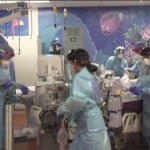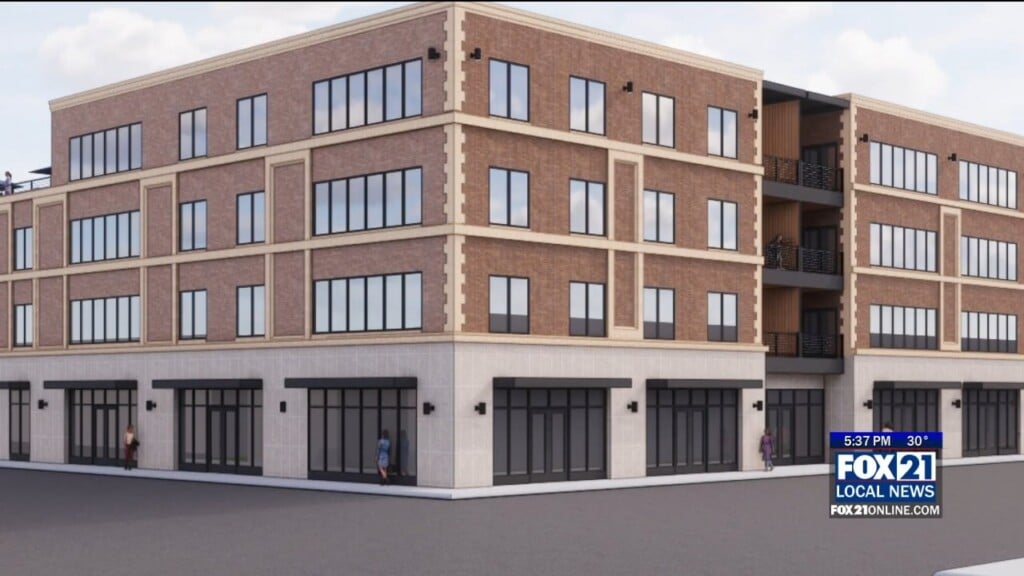Funding and Planning Aimed at Rural Health Care
Recruiting and training are two of the goals and challenges

Health care in smaller, rural communities faces some special challenges.
A federal grant has providers hoping it can help in some ways. A project for finding and developing health care employees was the subject of a meeting at St. Luke’s Monday.
Wilderness Health is a collaborative group of independent, rural health care providers serving patients in Northeast Minnesota and Northwest Wisconsin. Some challenges are unique to smaller hospitals and clinics, but others are becoming more common.
“It’s recruitment, it’s retention. We’ve had a lot of really great, experienced people leave healthcare, [and] it was accelerated by COVID,” said Cassandra Beardsley, Executive Director of Wilderness Health.
“Lots of burnout. So, we are working with UMD on a burnout project as well. Trying to do some listening sessions, and then trying to create some potential interventions that we can work with on studying with our partners at UMD as well. [And look at] what’s causing some of the folks to leave healthcare,” Beardsley said.
One goal of the funding and the collaborative is to use partnerships to get potential employees exposed to the idea of working in a rural health care setting. Minnesota Senator Tina Smith (DFL) was in Duluth to talk about the project and grant. She said getting experience and practice for staff in smaller hospitals is also important.
“Take for example the need for ultrasound techs at hospitals around the region. In order to get good at that, you have to be able to do a lot of procedures,” Smith said. “What happens with this collaboration is that they can come in here to St. Luke’s and get a lot of practice before they go out to the hospitals, smaller hospitals in the community,” she said.
The federal grant is for $108,000, and the health network includes five counties in Northeast Minnesota.







